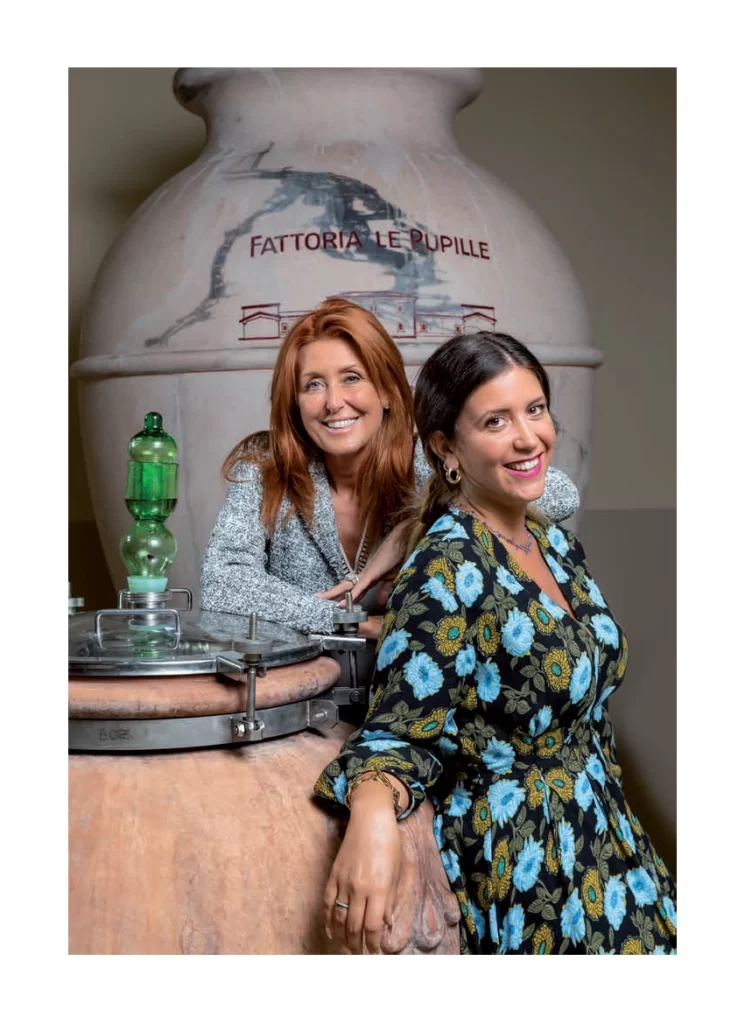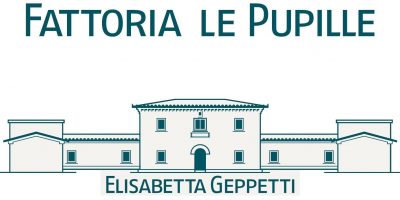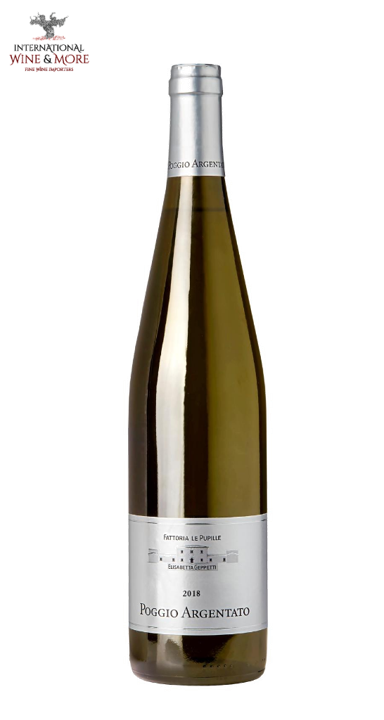Elisabetta and Tachis decided to concentrate much of their efforts on Morellino. An ancient Tuscan variety already cultivated by the Etruscans that is none other than the Sangiovese, called Morellino in reference to the horse of the Maremma farmers. Proud and indomitable, like she came from the Maremma. Elisabetta's objective was to bring Morellino to its maximum expression, having the clear feeling that this little wine had something inside, that it was worth counting outside the borders of the Maremma.
After a few vintages dedicated to small productions, everything accelerates when Elisabetta, after Fredi's death, takes full charge of the winery. Leaving university classrooms, he dedicated himself full time to the vines, wine and the creation of new wines with the unconditional technical support of Giacomo Tachis, inaugurating an important season of delicious, refined, excellent and extremely pleasant wines.
It is at this moment, with passion as the banner, that the family winery begins to grow, gradually becoming a high-level winery. But Elisabetta, strengthened by her innate intuition, harbored a strong desire to discover, in the field of quality viticulture, all the unexpressed potential of this much-loved field, creating a great Maremma wine that would demonstrate all the vocation of this wonderful terroir. .
Meanwhile, Tachis appreciated the quality of this Maremma Cabernet Sauvignon more and more and advised Elisabetta to pay close attention to it, so that with the 1987 vintage the first three thousand bottles of Saffredi were born, a wine that would become the iconic from LePupille. A complex pure Cabernet Sauvignon that Elisabetta immediately decides to dedicate to Fredi, her mentor in the world of wine and grandfather of 2 of her 5 children.
Thanks to Saffredi, who immediately came to the attention of experts, the excellence of Maremma began to be known far beyond its borders. This great super Tuscan was pure Cabernet Sauvignon for the first four vintages (1987, 1988, 1989 and 1990), then, starting in 1991, grapes from the new vineyard planted in 1985 were also added and today it has become a blend of 60% Cabernet Sauvignon, 30% Merlot and 10% Petit Verdot.
Meanwhile, after years of hard work to improve the vineyards added to her winemaking vocation, Elisabetta Geppetti will be the first female president of a Consortium. In 1992 he took over the reins of the newly established Morellino di Scansano Consortium at a delicate moment. Having to identify the guidelines of the local wine policy, as well as guarantee the quality of the products and their visibility in the market.
Le Pupille has become one of the most important productive realities of the denomination, a winery capable of expressing, year after year, surprising and elegant wines with strong territorial adhesion.
After having worked hand in hand with the prestigious winemaker Giacomo Tachis, Elisabetta surrounded herself with the best. From 2000 to 2011, I was advised by the famous French oenologist Christian Le-Sommer, Consultant for Château Latour. Today he has the support of two of his 5 children, Clara and Ettore who are in charge of specific areas in the winery and Luca D'Attoma, another great winemaker from Italy, who advises Le Pupille.








